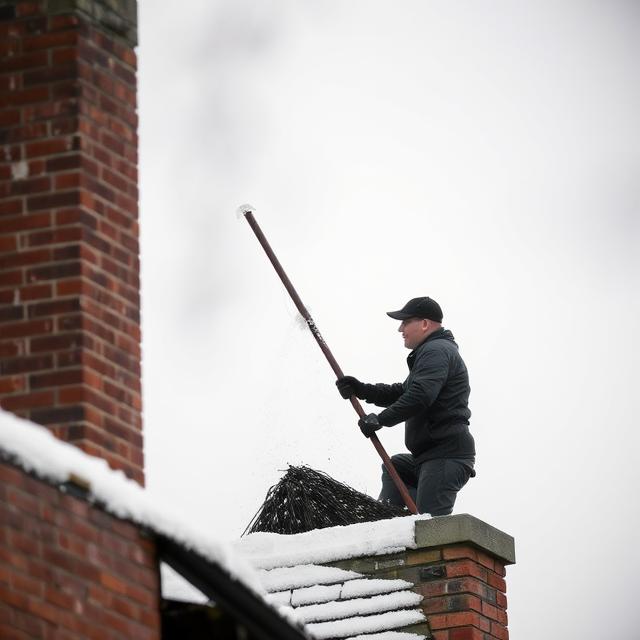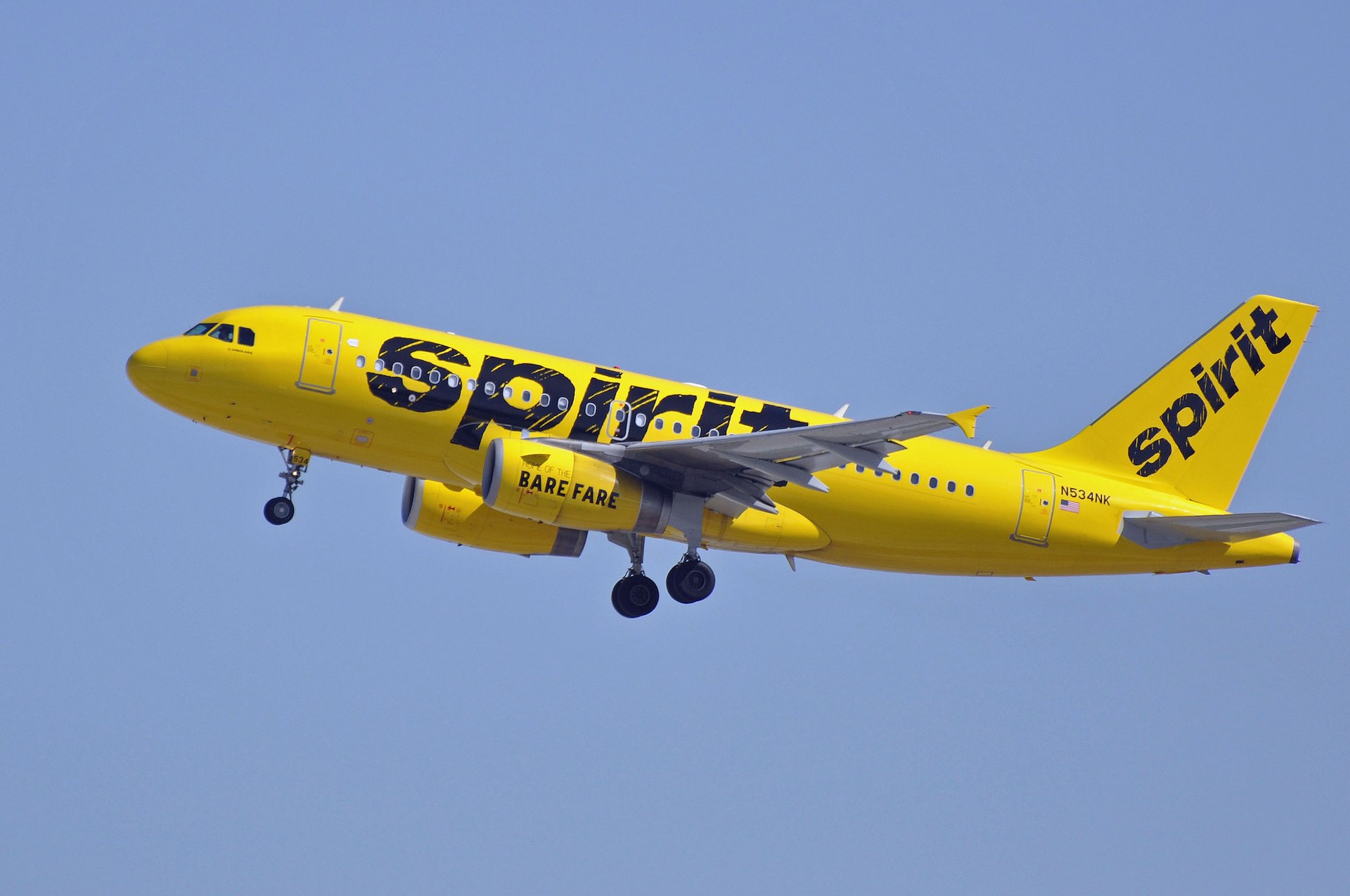Maintaining a rental property involves more than just collecting rent and managing tenants; it’s about ensuring the safety and well-being of everyone living there. For landlords in Boston, one often-overlooked aspect of property safety is the condition of the chimneys and fireplaces. Over time, chimneys can accumulate creosote, debris, and even become home to pests, all of which pose serious health and fire hazards. Regular inspection and cleaning by a professional chimney sweep are essential steps toward safeguarding tenants and protecting your investment. A skilled Boston chimney sweep can do much more than clean—it’s a vital part of responsible property management that helps landlords keep their tenants safe and their buildings in top condition.
Why It Matters
Boston’s historic architecture and cold climate make fireplaces and chimneys a common feature in many rental homes. While these features add charm and warmth, they also require diligent maintenance. When chimneys aren’t properly cared for, risks multiply. Creosote buildup, which is a tar-like residue left after burning wood, can ignite and cause dangerous chimney fires if not removed regularly. Moreover, neglected chimneys can develop blockages from debris, bird nests, or small animals, which can lead to smoke backups or carbon monoxide leaks. These hazards not only threaten the safety of tenants but can also result in costly damages and legal liabilities for landlords. Regular chimney sweeping and maintenance are the best ways to prevent such issues and keep properties safe and compliant with safety standards.
Common Problems in Unmaintained Chimneys
Many landlords underestimate the importance of routine chimney inspections. Over time, several issues can develop that compromise safety and efficiency. First, creosote buildup is the leading cause of chimney fires. This sticky substance is highly combustible and can accumulate quickly, especially if fires are infrequent. Second, blockages from fallen leaves, debris, or nests made by birds or small mammals can prevent proper ventilation, leading to smoke or dangerous gases like carbon monoxide entering living spaces. Third, damaged flue liners or cracked masonry can allow heat or toxic gases to escape, creating fire hazards and health risks. Additionally, pest infestations—such as birds, squirrels, or raccoons—often find entry into chimneys, causing blockages and potential structural damage. These issues highlight the importance of proactive chimney maintenance, including chimney animal removal when necessary, to ensure a safe environment for tenants.
Key Benefits of Regular Chimney Maintenance
Scheduling regular chimney inspections and cleanings offers multiple advantages for Boston landlords. First, it significantly reduces the risk of fire hazards caused by creosote accumulation. Second, it ensures proper ventilation, which helps prevent dangerous gases from seeping into living areas, thereby safeguarding tenants’ health. Third, routine maintenance extends the lifespan of the chimney system itself, saving money on costly repairs or replacements in the long run. Additionally, well-maintained chimneys boost the overall safety profile of a rental property, making it more attractive to prospective tenants who prioritize safety and comfort. Regular inspections also help landlords stay in compliance with local safety codes and insurance requirements, avoiding penalties or coverage issues in case of emergencies.
The Role of Chimney Animal Removal
One often underestimated aspect of chimney maintenance is chimney animal removal. Small animals, such as birds, squirrels, or raccoons, often find their way into chimneys seeking shelter, especially during colder months. While they may seem harmless initially, their nests and droppings can quickly turn hazardous. Animal infestations can block the chimney, cause foul odors, and introduce health risks from parasites or bacteria. Removing these animals is a critical step in maintaining a safe, functional chimney system. Professional chimney sweep services include humane chimney animal removal, ensuring that pests are safely removed without harming them and that the chimney is restored to a safe, animal-free condition. Addressing this problem promptly helps prevent further damage and keeps tenants protected from potential fire or health hazards.
A Professional Quote
“Investing in professional chimney sweeping and inspection services is an essential part of responsible property management. Our team ensures that chimneys are clean, safe, and free from pests, helping landlords avoid costly repairs and liability issues down the line.”
Cost Breakdown
| Service | Estimated Cost Range | Notes |
|---|---|---|
| Basic Chimney Inspection | $100 – $200 | Includes visual inspection and basic cleaning |
| Full Chimney Cleaning | $150 – $300 | Deep cleaning including creosote removal |
| Chimney Animal Removal | $200 – $500 | Humane removal of pests and nests |
| Masonry Repairs (if needed) | $500 – $2,500 | Structural repairs for cracked or damaged liners |
Disclaimer: Costs vary depending on chimney size, condition, and additional repairs needed. Always request a detailed quote from a licensed professional.
Key Features of a Good Chimney Sweep Service
– Comprehensive inspections covering structural integrity and safety hazards
– Humane pest and animal removal to prevent future blockages
– Preventative maintenance that includes creosote removal and flue cleaning
– Clear documentation and reports for insurance and safety compliance
– Emergency services available for urgent issues like chimney fires or blockages
Safety and Emergency Services
Maintaining a safe chimney isn’t just about routine cleaning; it involves being prepared for emergencies. Experienced chimney professionals offer emergency services for situations like chimney fires, smoke backups, or sudden blockages. Prompt response can prevent extensive property damage and protect tenants from immediate health hazards. It’s also wise for landlords to keep contact information for licensed chimney sweep services handy, so they can act quickly if an urgent problem arises.
FAQs
Q1: How often should chimneys be inspected and cleaned?
A: It’s recommended to have chimneys inspected annually, especially if used regularly or if there are signs of blockage or damage. More frequent cleanings may be necessary if multiple fires are burned each season.
Q2: Can I clean my chimney myself?
A: While DIY cleaning is possible for minor debris, professional chimney sweeps have the training and equipment to thoroughly remove creosote, identify structural issues, and handle pest removal safely. Hiring a professional ensures the job is done correctly and safely.
Q3: What signs indicate my chimney needs attention?
A: Signs include a strong odor of smoke inside the home, slow or smoky fires, visible creosote buildup, unusual noises during operation, or evidence of animals or nests in the chimney.
Conclusion
For Boston landlords committed to providing safe, comfortable living environments, regular chimney maintenance is a non-negotiable. From preventing fires to avoiding health risks from toxic gases or pests, a professional chimney sweep plays a vital role in property safety. Investing in routine inspections, cleaning, and animal removal not only safeguards tenants but also preserves the integrity and value of your rental property. Remember, proactive maintenance today can save you from costly repairs and legal liabilities tomorrow. Prioritize chimney safety—your tenants and your property will thank you.
Read more:



